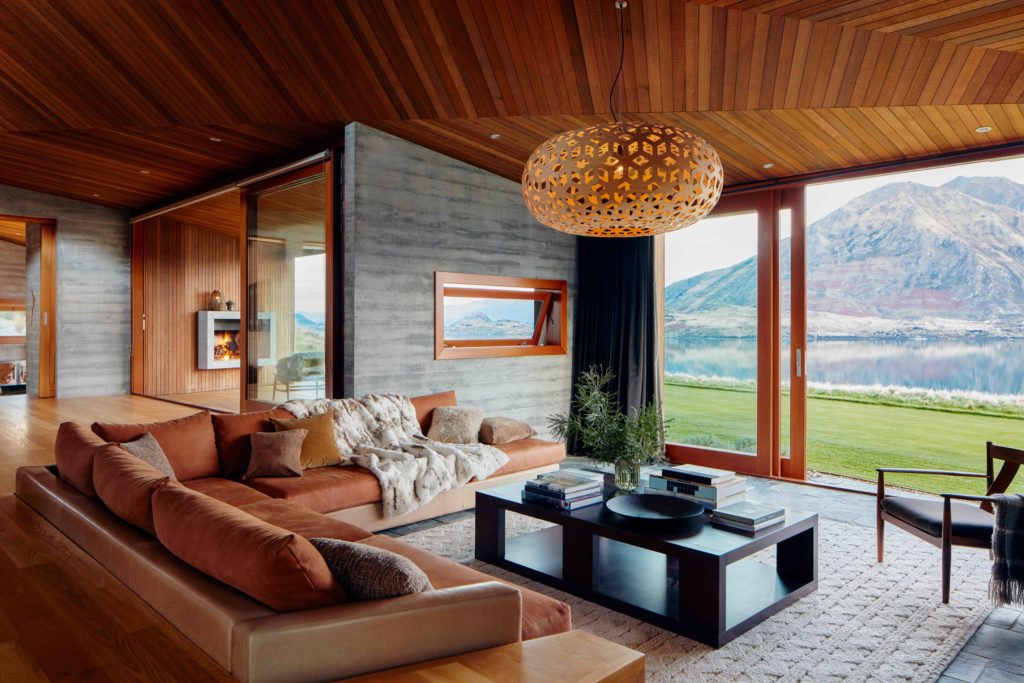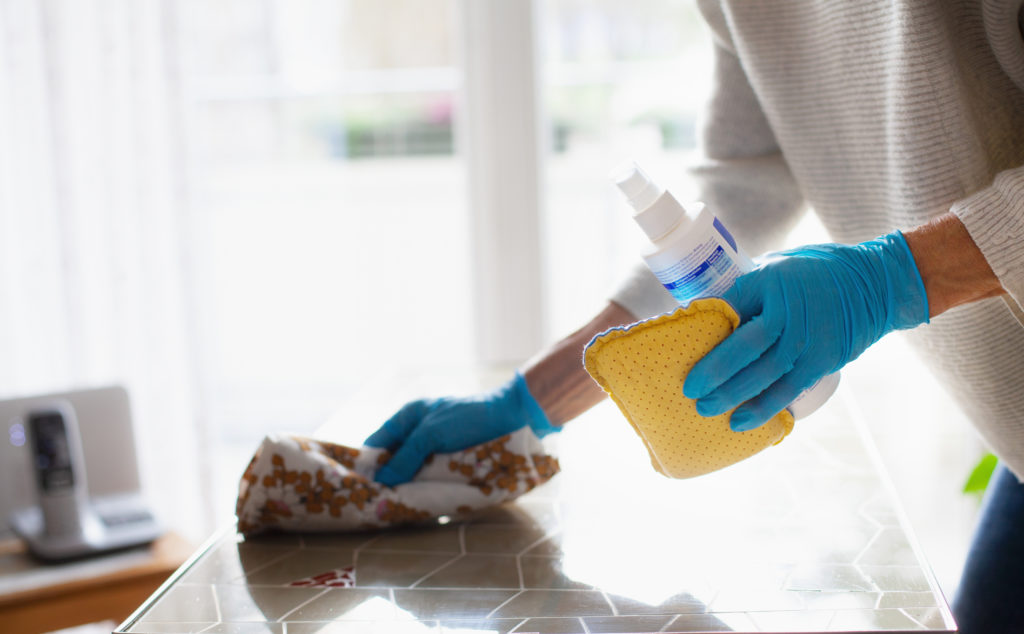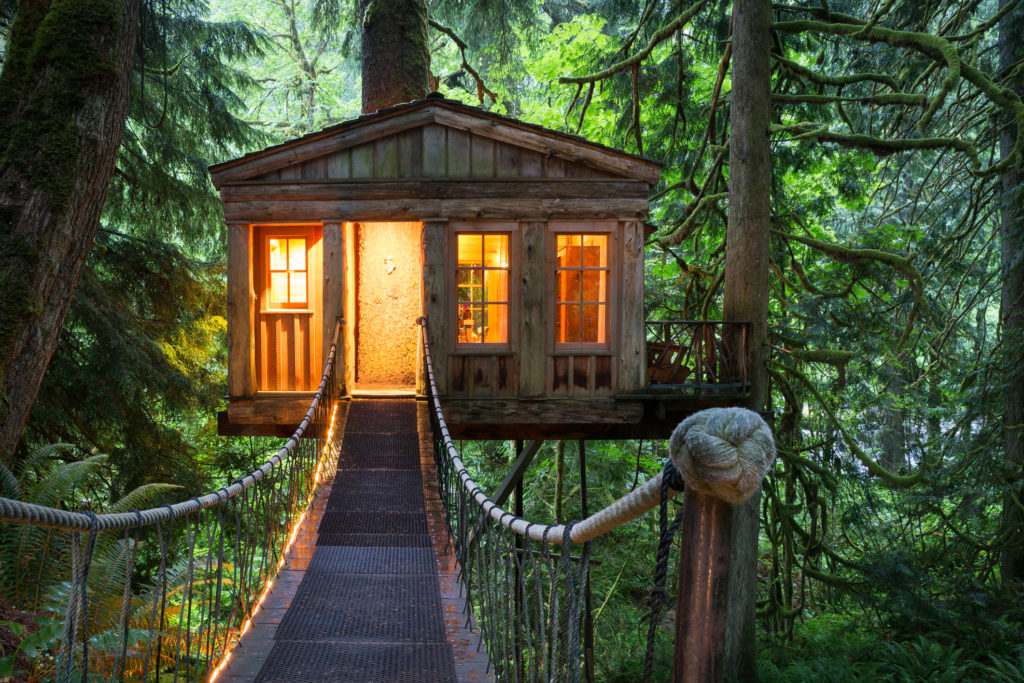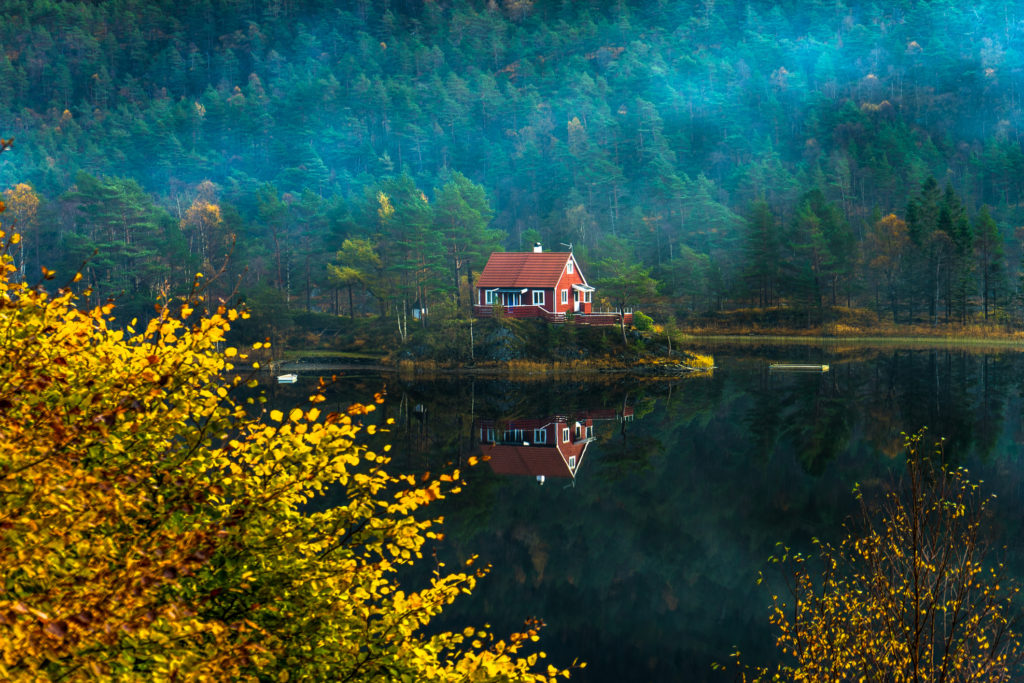Guide to booking an Airbnb during the pandemic
Signing up for credit cards through partner links earns us a commission. Terms apply to the offers listed on this page. Here’s our full advertising policy: How we make money.
Update: One or more card offers in this post are no longer available. Check our Hot Deals for the latest offers.
Airbnb as we know it has been around for over a decade now and millions of people stay in an Airbnb every year. About 150 million, to be exact.
The lodging service, which allows people to rent out their homes to travelers, created a new way for people to vacation and still enjoy some of the comforts of home. Airbnb rapidly expanded around the entire globe, seeing travelers checking into properties in countries everywhere.
While Airbnb has seen huge growth since its inception, travel has become increasingly difficult in 2020, thanks to COVID-19. Early in the year, international travel all but came to a halt as countries shut their borders and people all over the world were encouraged to stay home to avoid spreading the virus.
Now that there’s a better understanding of the virus and businesses start to reopen, U.S. travelers are starting to venture out. However, they’re predominantly staying within the U.S. as many countries are still closed to foreign travelers.
Though traveling during COVID-19 is difficult, it can be done (somewhat) safely. A great way to book a getaway if you want a few days to yourself or with your family outside of your daily life is to opt for an Airbnb or vacation home rental. With an Airbnb, you’ll encounter far fewer people than you would at a hotel, and if you book one that’s in a rural area, chances are you won’t see anyone at all! In fact, Airbnb has seen a huge surge in bookings for rural properties since they’re seen as a safer way to vacation.
There are a few things you should know before booking your Airbnb right now, including familiarizing yourself with its current refund policies and the additional cleaning guidelines they’ve implemented in light of the pandemic. Utilizing a home rental is a great way to take a break from the stress of 2020 that comes with the ongoing pandemic, and there are ways to use travel credit cards to lower the cost of your trip and earn rewards along the way.

Airbnb changes amid COVID-19
Airbnb was hit hard by COVID-19 in early 2020 as the world started to shut down and people stopped traveling. In May, Airbnb laid off about 25% of its workforce, which amounted to around 1,900 employees. The company was also forced to raise emergency debt funding in April as it continued to lose money. Airbnb also planned to go public in late 2019 but tabled the idea as it started to bleed money. However, CNN reported in August that the company filed IPO paperwork and would move forward with the plan.
Despite Airbnb’s setbacks, the company has been working with its hosts to develop a set of standards so they can continue to host travelers. It’s implemented a new set of guidelines for cleaning that coincide with CDC regulations and include proper social distancing, wearing a mask around others and encouraging people not to travel or host if they’re experiencing COVID-19 symptoms.
Airbnb is also encouraging all hosts to follow the enhanced cleaning protocol and make it clear on listings that they’re doing so. Though the CDC has acknowledged that the novel coronavirus doesn’t necessarily live on surfaces and mostly spreads through respiratory droplets, the extra sanitation ensures cleanliness and provides peace of mind.

Travel influencer Dymphe has stayed in a few Airbnbs during this pandemic and has experienced firsthand what it looks like when hosts follow these protocols. “Only cleaning products that are certified by health experts are to be used and cleaners are advised to wear a mask and gloves,” she said.
Airbnb also implemented an adjusted cancellation policy in light of COVID-19. In this policy, it says that reservations made before March 14, 2020, could be canceled without a fee. However, if you’re looking to book an Airbnb stay right now, this extenuating circumstance policy wouldn’t necessarily apply to your reservation. With that being said, Airbnb will allow you to cancel if you or your host has COVID-19. Airbnb does have the power to grant you an override on a refund if they deem your cancellation to be covered by the extenuating circumstance policy.
In light of current events, we advise that you book a stay that’s flexible. Some hosts have cancellation policies in place that allow you to cancel as late as the day before your stay, so make sure to look carefully at each Airbnb listing’s rules before you book.
Getting off the grid
Airbnb has reported that rural bookings in the U.S. have been booming this summer. In a blog post, it wrote, “Hosts in rural areas of the US, for example, earned over $200 million in the month of June, an increase of more than 25 percent over what hosts in these areas earned in June 2019.”
This trend appears to mostly be people in larger metro areas looking for a place nearby to escape. According to CNBC, In New York, “Airbnb hosts earned over $5.8 million from guests living within 300 miles during June 2020.”
As businesses shut down to slow the spread of COVID-19, not only did casual travelers hunker down at home, but so did those who travel frequently, whether for business or pleasure. For months, people all over the world stayed at home and barely went outside, even for errands like buying groceries.
Understandably this meant that the entire travel industry took a hit, but now as people are feeling comfortable traveling, they’re finding exciting options for Airbnbs all over the world. But the U.S. is seeing the biggest uptick given that international travel is still largely restricted.
U.S. travelers are gradually getting out more and finding that Airbnb offers plenty of unique places to stay, like castles, houseboats, caves and treehouses. Many of these can be found in secluded rural areas, making them a relatively safe option.

Airbnb hosts Maureen and Darwin Knecht, who rent a treehouse in South Sioux City, NE, implemented new guidelines for their property recently. “We are extremely strict with our check-in and checkout times so [the treehouse is] empty, and fresh air has time to circulate,” they said. “We also have restricted any tours. Nobody but our guests and cleaning person are allowed in our treehouse during COVID-19.”
They provide a keypad lock so guests don’t have to interact with them, and the hosts have also seen an uptick in stays as more people are traveling. They have numerous recent reviews of guests saying it’s a unique getaway that feels safe and clean. Maureen and Darwin are also completely booked up for the next two months, a compelling anecdote that more people are traveling and seeking out rural locations.
Tips on finding the best Airbnbs
Pay close attention to everything on the Airbnb listing while you’re shopping around for a place to stay. Consider what you’ll need: air conditioning, Wi-Fi, privacy — all of which is noted on the Airbnb listing. Look for recent reviews from someone who has traveled during COVID-19, these stories can give you an idea of how serious a host is taking cleaning procedures and how safe a property actually is.
Also, consider the location in general. Yes, you’re looking for something rural, but if you’re escaping a city and aren’t bringing a car with you, make sure you’re not so secluded that you can’t go find food or get somewhere in case of an emergency.

Dymphe noted that shared Airbnbs will still run you the risk of being around people. She recommends not staying with other people, especially strangers that could have been exposed to the virus. That means that if you can afford it and find availability, you should try to find a private Airbnb that you’re not sharing with anyone outside your travel party.
Former Airbnb employee Daniel Rusteen, who now runs OptimizeMybnb and lives in Airbnbs, suggested that Airbnbs are probably the safest place to stay outside your home right now. “Most check-ins are self-check-ins, so there’s not a lot of face-to-face interaction going on,” he said. Rusten noted that checkout usually works the same way.
If you’re looking to socially distance while you’re traveling, we suggest finding an Airbnb within driving distance, taking food with you and staying in an entire house with just you and your travel group. This way you can potentially avoid stopping at a gas station, going to restaurants and seeing other travelers.
Get the best deals on unique stays
The cost of an Airbnb can vary widely. You could literally find a spot somewhere for under $50 a night and down the street there could be a huge private space for thousands of dollars a night. Whatever your budget and with a bit of search, you can usually find something suitable. There are also plenty of ways to save money when booking an Airbnb:
- Referral codes: You can refer your friends (or be referred by a friend) to save money on a booking. Just make sure they use your code when checking out to make sure you get the referral credit.
- Booking a longer stay: In general, Airbnb hosts will cut you a deal if you book a longer stay. You can save anywhere from 10 to 60% on month-long stays.
- Message the host to get a deal: It never hurts to send a host a message to see if you can negotiate a price, especially if the host has a ton of availability and would be happy to have a customer. Just be reasonable in your negotiation, as the host still needs to make money.
- Play with the dates: If you don’t absolutely have to travel at a certain time, play around with the available dates to see if something is cheaper. You can also do this with different locations.
- Use a travel credit card: Some credit cards will allow you cash in your rewards points/miles to pay for an Airbnb. With the Capital One Venture Rewards Credit Card, you earn 2 miles on every day purchases you spend and incur no foreign transaction fees. You can also use your miles to pay yourself back if you used your Venture card to make a travel purchase (i.e. an Airbnb). With the Chase Sapphire Reserve®, you earn 3 points for every dollar spent on dining and travel. Since we value Chase points at 1.7 cents each, that equates to 5.1% back on money spent at Airbnb.
Bottom line
Read Airbnb listings carefully and try to find a property that follows the enhanced cleaning protocol and has a flexible cancellation policy. Looking for a secluded place not too far from home can help you socially distance. Rural stays are a great option as they can provide you with a safe getaway but still help slow the spread of COVID-19 during your travels.
Featured image courtesy of Airbnb
Editorial Note: We're the Million Mile Secrets team. And we're proud of our content, opinions and analysis, and of our reader's comments. These haven’t been reviewed, approved or endorsed by any of the airlines, hotels, or credit card issuers which we often write about. And that’s just how we like it! :)






Join the Discussion!